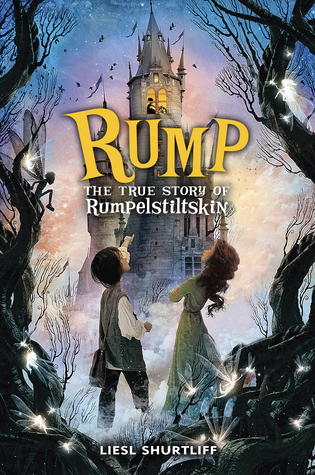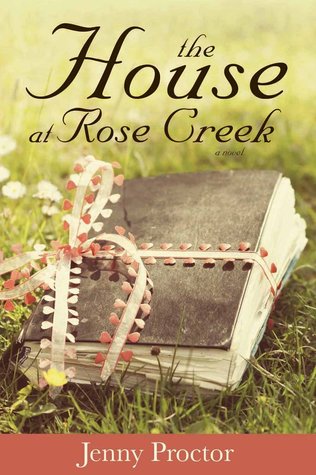 (Whitney Finalist, middle grade)
(Whitney Finalist, middle grade)Peggy Eddleman's Sky Jumpers is a terrific middle grade novel--it's easy to see why it's been getting all the buzz it has. It's got a great action sequence combined with heart, and should appeal to most young (and not-so-young) readers.
After the green bombs of World War III wipe out most of humanity (but don't destroy the planet because they're "green"), the survivors struggle to rebuild their communities. Some fifty years or so after the war, 12 year-old Hope lives in a unique community in White Rock, a rich farming community inside a bomb crater, protected from marauding bandits by a ring of deadly, super compressed air known as "Bomb's Breath." Because so much of the pre-war technology was lost, Hope's community values inventors and inventions above anything else. And Hope--who is smart, funny, and courageous--is a lousy inventor. What she likes to do, more than anything else, is jump through the "Bomb's Breath," where the denser air catches her and slows her fall.
But when bandits find a way into White Rock and demand the last of their critical medical supply, Hope realizes it's time for her to use her strengths. Since the bandits only count adults and youth 14 and up, Hope and her friends are able to sneak away. But it takes all of her considerable smarts and resourcefulness to find the help her town desperately needs.
Eddleman's writing is pretty straight-forward and unadorned, but that works perfectly for this novel, as it doesn't get in the way of the action. But what I liked best was that, in addition to the great concept, Hope has a rich character development, as she finds a way past her concerns about fitting in and making her parents proud. The central message--to find your strengths and use them--is one that all children need to hear.





